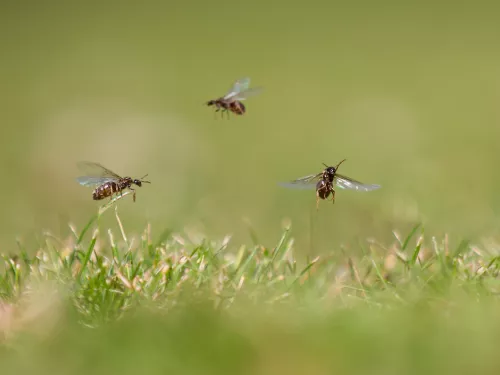
Citizen scientists across the UK buzzed into action for Bugs Matter this summer
The end of summer saw the conclusion of this year’s national insect survey, Bugs Matter, on 30 September.

The national citizen science survey
To capture even more valuable data, as well as to potentially account for changes and variations in weather patterns and possible insect emergence events, we are now asking citizen scientists to record their journeys in the Bugs Matter app from 1 May to 30 September.
If you haven’t already, you can download the Bugs Matter app for free on apple or on android:
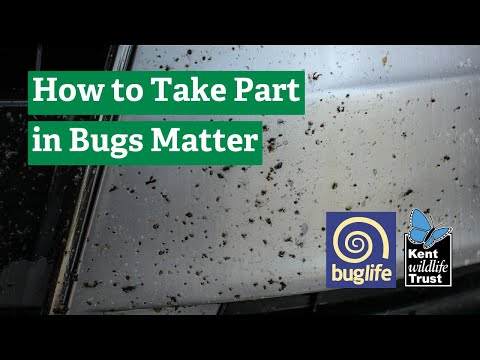
We have created some free resources for you to print at home to help you remember to log your splats, including a print-out to stick on your fridge or front door, and a stand-up to put on your car dashboard when your car is parked.
Each print-out comes with two resources, so you can use one for yourself and share the other with a friend or family member, encouraging them to take part too!
This year, we have made some improvements to the survey process. Bugs Matter has gone digital, eliminating the need for paper splatometers!
This change makes it even easier for you to participate and contribute to the survey. You no longer have to wait for your splatometer to be posted to you. Simply count the bug splats across your entire number plate and use the new virtual splatometer to get the best photograph possible! Just make sure you’ve got the most recent version of the free Bugs Matter app.
Not only will this save time, but it also helps us reduce printing, paper and postage needs to promote a more sustainable and efficient survey.

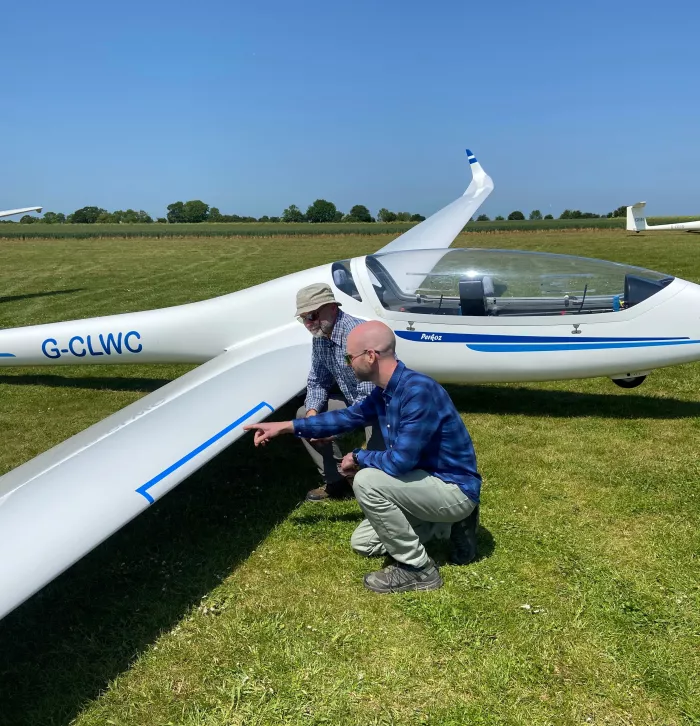
We are looking for innovative and nature-forward companies to support one of the UK's largest citizen science projects. If you want national recognition for your support, or your business has a fleet of vehicles that could help us capture crucial data, please contact us today.
Our new report, using crucial data collected from you, our citizen scientists, has shown the abundance of flying insects sampled on vehicle number plates has fallen by a staggering 78% in the UK between 2004 and 2023.
Is this happening all over the UK?
Yes – the new data from the 2023 survey shows decreases in insect splat rates across all counties of the UK. The sharpest fall was found in England at an 83% decrease between 2004 and 2023, followed by a 79% decrease in Wales and a 76% decrease in Scotland. Northern Ireland showed a 54% decrease in splat rate between 2021 and 2023.
Further analysis suggests insect numbers in Kent have declined by nearly 75% from 2004 to 2022
Just as the UK Government has announced it will permit the use of a banned pesticide in England, more analysis of the data from the Bugs Matter 2022 survey has shown that Kent is suffering higher rates of insect number declines compared to the UK as a whole.
Read more here and see the 2022 Kent Report
Across the UK...
Thanks to citizen scientists like you across the UK, Kent Wildlife Trust and Buglife have found a 64% decline in insect numbers sampled on vehicle number plates between 2004 and 2022 across the UK, highlighting the urgent need for more, large-scale research on insects, and action to reverse declines in their abundance.
The number of insects sampled on vehicle number plates by citizen scientists across the UK in 2021 decreased by a staggering 59% between 2004 and 2021.
Read the National Technical Report here
Read the National Summary Report here
In Kent, insect numbers have declined by a worrying 72% between 2004 and 2021.
These figures indicate a rapidly declining trend in insect abundance nationwide. These findings are consistent with research which has widely reported declining trends globally.
Our previous survey in 2019 showed there were 50% fewer insects squashed on car number plates in 2019 than in 2004 led by the RSPB.
By repeating the survey in Kent in 2019, Kent Wildlife Trust was able to compare the abundance of insects between these points in time. We found a significant difference in ‘splat density’ of approximately 50%, from an average of 0.2 splats per mile to 0.1 splats per mile.
Insects face mass extinction. They are a critical component of ecosystems and animal life is at risk. Without them, life on earth would simply collapse. Patterns and trends in insect numbers are nuanced however, and there is a need for more data to fully understand what is happening.
You can help by taking part in our survey this summer as well as taking these simple actions at home:
Your help is needed to secure a sustainable future for insect life and for ourselves.

The end of summer saw the conclusion of this year’s national insect survey, Bugs Matter, on 30 September.
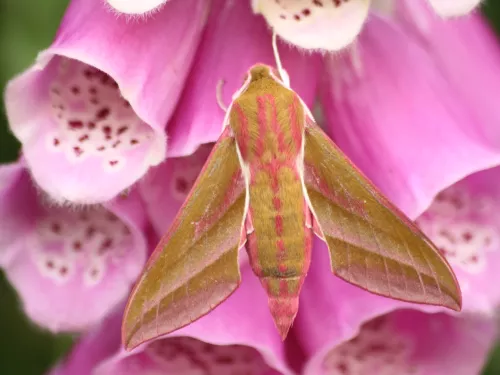
Since June, thousands of dedicated citizen scientists have contributed their time and effort to Bugs Matter – a national citizen science survey from Kent Wildlife Trust and Buglife which uses insect splats on number plates as an indicator of insect…
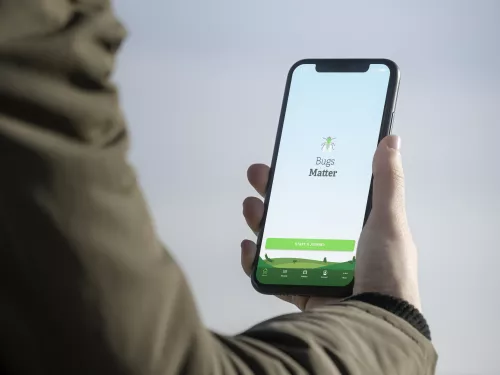
Conservation charities Kent Wildlife Trust and Buglife have launched the Bugs Matter 2023 Survey, introducing a new virtual ‘splatometer’ to measure insect splats on number plates as a measure of insect abundance. This ground-breaking initiative aims to…
Account Deletion
Bugs Matter data is stored in a secure online database called Coreo, which is hosted and managed by the project developer Natural Apptitude Ltd
In order to delete your Bugs Matter account, please visit the Account page in the app and use the "Delete Account" button.